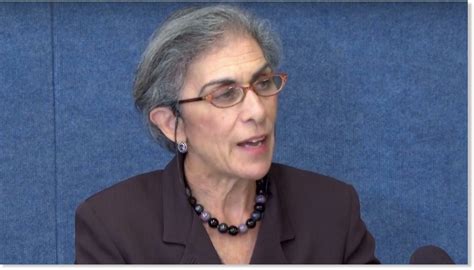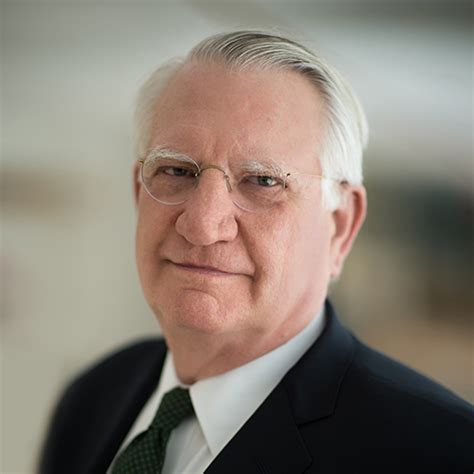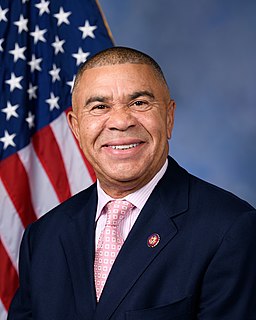A Quote by Michelle Alexander
Our criminal-justice system has for decades been infected with a mindset that views black boys and men in particular as a problem to be dealt with, managed, and controlled.
Related Quotes
The fact that more than half of the young black men in any large American city are currently under the control of the criminal justice system (or saddled with criminal records) is not - as many argue - just a symptom of poverty or poor choices, but rather evidence of a new racial caste system at work.
A lot of the problems we have in our criminal-justice system, you know, the problem of over-incarceration, the problem of prosecutorial abuse, the problem of just this sort of mass crop of people, of plea bargains, they all have to do with the system being overloaded. If crime was lower, many of the problems would go away.
What really drives the battle against law enforcement and punishment is not a commitment to treatment, but the widely held view that, first, we are imprisoning too many people for merely possessing illegal drugs; second, drug and other criminal sentences are too long and harsh, and third, the criminal justice system is unjustly punishing young black men. These are among the great urban myths of our time.
I think the biggest problem in our country is mass incarceration and the prison-industrial complex. From the Rockefeller drug laws to stand your ground to stop and frisk, all these are pointing people, especially and disproportionately black and brown people, towards the criminal-justice system. It's depleting whole generations of people.



































